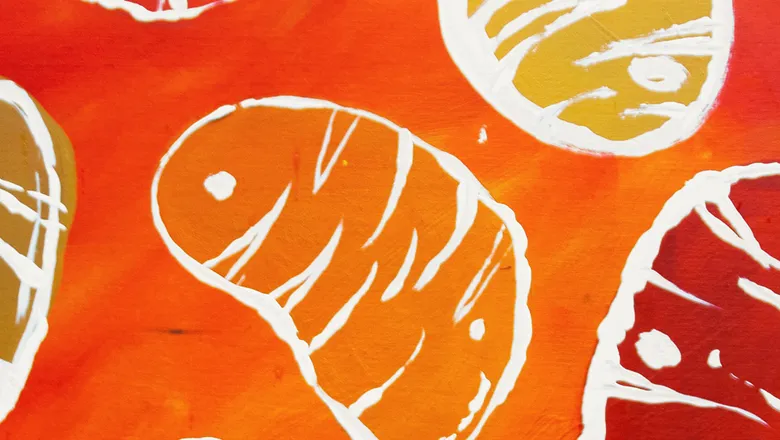This project will allow us to address fundamental questions regarding mitochondrial functionality and the implication for the ageing process of neurons in Drosophila. We believe that, in future studies, the fundamental biological insight deriving from this work will be important to better understand the biology of neurodegeneration in animal models of Parkinson’s disease, Alzheimer’s disease and ALS. I am grateful to the Leverhulme Trust for recognising the value of our science and lending its support at a critical stage of my career.
Dr Alessio Vagnoni
06 October 2022
Dr Alessio Vagnoni receives Leverhulme Trust Research Project Grant
This grant supports his work to investigate the consequences of mitochondrial defects in neuronal dysfunction in ageing.

Dr Alessio Vagnoni from Basic and Clinical Neuroscience has been awarded the Leverhulme Trust Research Project Grant 2022. This grant supports his research on the mechanism linking mitochondrial dysfunction and the ageing process of neurons.
The mitochondrial theory of ageing considers ageing as a result of an accumulation of damage to mitochondria, rendering it dysfunctional. However, the exact mechanism behind this theory has been difficult to study due to limitations in techniques and models.
Mitochondria are specialised structures within a cell which are responsible for power production. They are crucial in maintaining the healthy functioning of neurons, moving between parts within a neuron when they detect a need for energy when there is damage or injury. Mitochondrial dysfunction at birth causes mitochondrial disease and has been observed in conditions such as cancer and neurodegenerative disorders in later life.
Mitochondrial transport has been shown to decline during ageing. To study this, Dr Vagnoni will utilise an innovative technique called optogenetics, using light to control genetically modified protein in fruit flies. This project ensues on his group's success in developing an optogenetic system to study Miro, a protein responsible for mitochondrial transport. They genetically inserted a light-sensitive cassette into the middle of Miro so that when these flies are exposed to light, the protein splits and loses its function.
In this project, he will focus on observing in real-time the cascade of events at the molecular level – how disrupting the function of a key player, Miro, affects the transport network, dynamics, and other properties.
Another benefit of using optogenetics is the protein can turn back on, meaning that the effects are temporary. Previous studies have shown that the loss of Miro is lethal in mice and flies. This project, however, will be able to circumvent this difficulty and study the consequences at the behavioural level through well-established assays.
Dr Vagnoni will also investigate early-life mitochondrial damage by generating another light-sensitive fruit fly line to target whole mitochondria. By inducing mitochondrial damage in early life, he will be able to pinpoint the relationship between structural damage and disrupted transport in mitochondria and how they interact in the ageing process.
The Leverhulme Trust Research Project Grant awards innovative and original research projects. The Trust commonly supports higher-risk interdisciplinary research, where the research achieves more than the incremental development of a single discipline.
For more information, please contact Annora Thoeng (School of Neuroscience Senior Communications and Engagement Officer)

